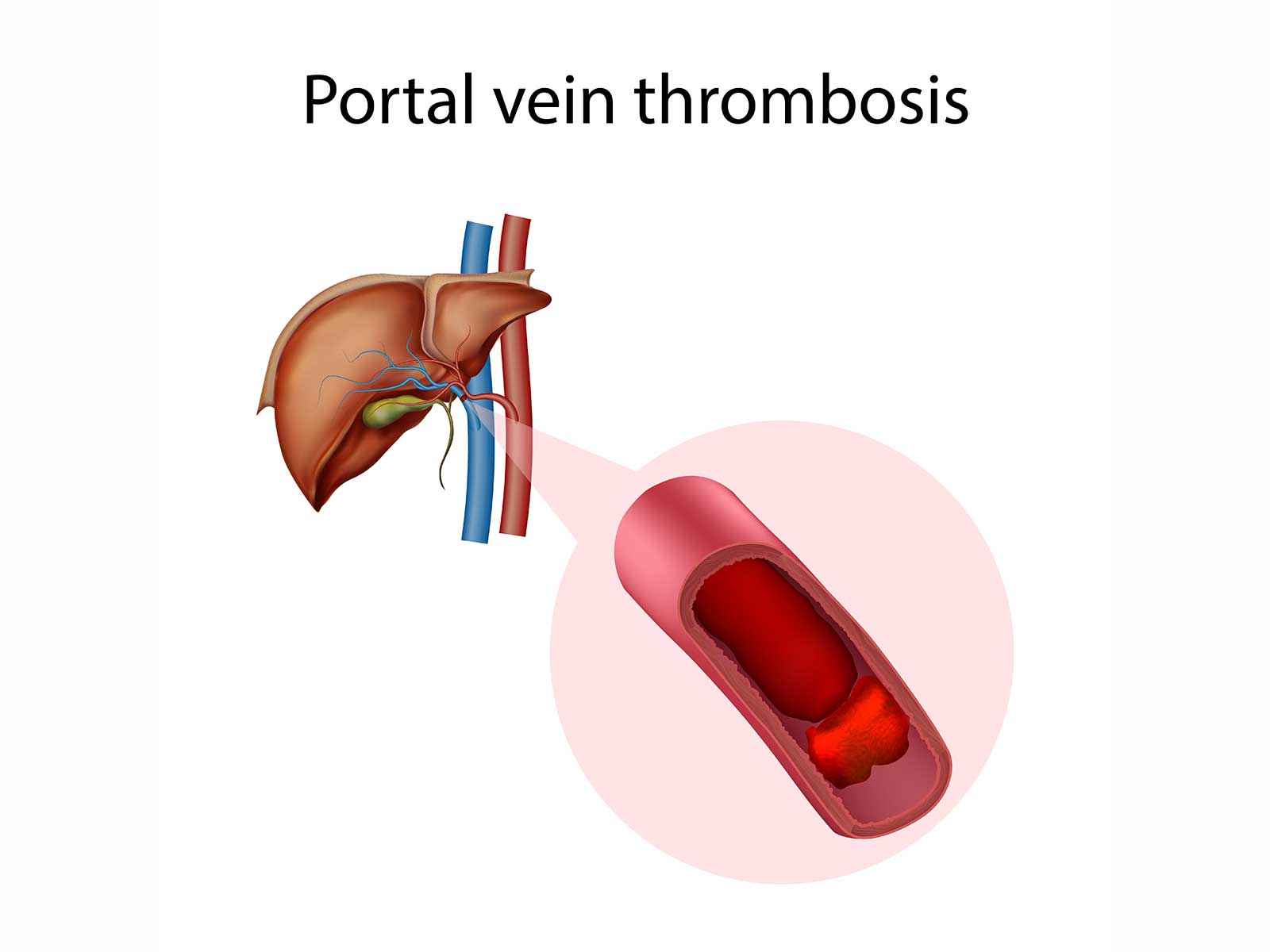
A perianal fistula is a tiny tunnel existing within the skin that is present between the anal canal or rectum and the skin surrounding the anus. It usually starts following an infection or abscess of one of the anal glands. Repeated fistula means that the inflammation that takes place in individuals with Crohn's disease is chronic. At first sight, there might not be any opening, but the tract can be leaking pus or fluid.
Watch for these warning signs:
A perianal fistula most often starts with an infected gland that forms an abscess. If the abscess drains or is treated, a persistent tract may remain. Other factors that can lead to fistula formation include:
Don’t let perianal fistula pain dominate your life. At GastroDoxs in Jersey Village, our board-certified gastroenterologists offer both non-surgical seton therapy and biologic treatments for Crohn’s-related fistulas, along with advanced surgical options such as LIFT and fistulotomy. We make the process simple, fast, and patient-friendly—guiding you every step of the way toward lasting relief. There’s no need to visit in person to book your appointment—get started today from the comfort of your home. Call us at 832-476-1649 or book your appointment online to take the first step toward a pain-free life.
We've successfully treated more than 1.5K patients, helping individuals improve their digestive health and overall well-being through expert, personalized care.
With over 20 years of experience, GastroDoxs has been a trusted provider of gastroenterology care, focusing on delivering the best outcomes for patients
A perianal fistula is a small tunnel that forms between the anus or rectum and the skin around the anus, usually resulting from an infection or abscess.
Diagnosis is typically made through physical examination and may include imaging such as MRI or endoanal ultrasound to trace the course of the fistula and any associated abscesses.
Yes. Crohn's disease involves chronic inflammation that can damage the intestinal wall, leading to repeated perineal abscesses and fistula formation.
Symptoms include recurring pain or tenderness around the anus, swelling, itchiness, and the discharge of pus or blood through the skin near the anus, often worsening after bowel movements.
Recovery depends on the type of procedure. Most patients recover in four to six weeks, though setons and medications may take longer to fully resolve inflammation.
Antibiotics help control infection and reduce inflammation, but the fistula itself usually requires surgical removal for complete resolution.
Spontaneous healing is rare. Without medical or surgical intervention, fistulas often persist or worsen, increasing the risk of complications.
Medical assessment is advised if you experience persistent pain, swelling, drainage around the anus, or if an abscess or fistula is present.
Non-surgical approaches include seton placement for drainage, antibiotic therapy, and biologic medications for patients with Crohn's disease as an underlying cause.
Yes. Recurrence is possible, especially in patients with Crohn's disease. Regular follow-ups and ongoing management can help reduce the likelihood of additional fistula formation.